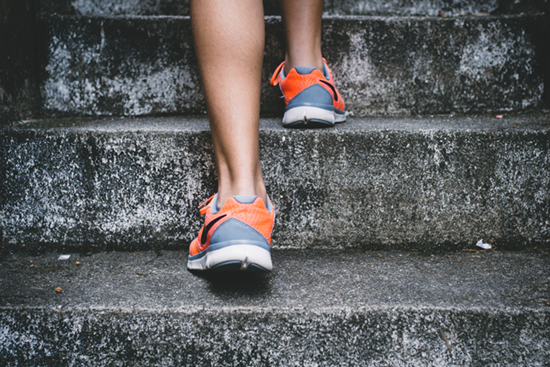
Exercise May Treat Long COVID-Induced Diabetes, Depression
Pennington Biomedical Research Center via Newswise – BATON ROUGE, Louisiana – While no medically recognized treatment exists for Long COVID, exercise may break the vicious cycle of inflammation that can lead to developing diabetes and depression months after a person recovers from the virus.
“We know that Long COVID causes depression, and we know that it can increase blood glucose levels to the point where people develop diabetic ketoacidosis, a potentially life-threatening condition common among people with type 1 diabetes,” said Candida Rebello, Ph.D., a research scientist at Pennington Biomedical Research Center. “Exercise can help. Exercise takes care of the inflammation that leads to elevated blood glucose and the development and progression of diabetes and clinical depression.”
It’s unclear how many people suffer from Long COVID. But estimates range from 15 percent to 80 percent of the people infected. Based on those figures, it’s possible that as many as 1 million of Louisiana’s residents suffer from Long COVID.
Long COVID causes what the Centers for Disease Control describes as “a constellation of other debilitating symptoms” including brain fog, muscle pain, and fatigue that can last for months after a person recovers from the initial infection.
“For example, a person may not get very sick from COVID-19, but six months later, long after the cough or fever is gone, they develop diabetes,’ Dr. Rebello said.
One solution is exercise. Dr. Rebello and her co-authors describe their hypothesis in “Exercise as a Moderator of Persistent Neuroendocrine Symptoms of COVID-19,” published in the journal Exercise and Sport Sciences Reviews.
“You don’t have to run a mile or even walk a mile at a brisk pace,” Dr. Rebello said. “Walking slowly is also exercising. Ideally, you would do a 30-minute session of exercise. But if you can only do 15 minutes at a time, try to do two 15-minute sessions. If you can only walk 15 minutes once a day, do that. The important thing is to try. It doesn’t matter where you begin. You can gradually build up to the recommended level of exercise.”
“We know that physical activity is a key component to a healthy life. This research shows that exercise can be used to break the chain reaction of inflammation that leads to high blood sugar levels, and then to the development or progression of type 2 diabetes,” said Pennington Biomedical Executive Director John Kirwan, Ph.D., who is also a co-author of the paper.
To read the original article click here.






